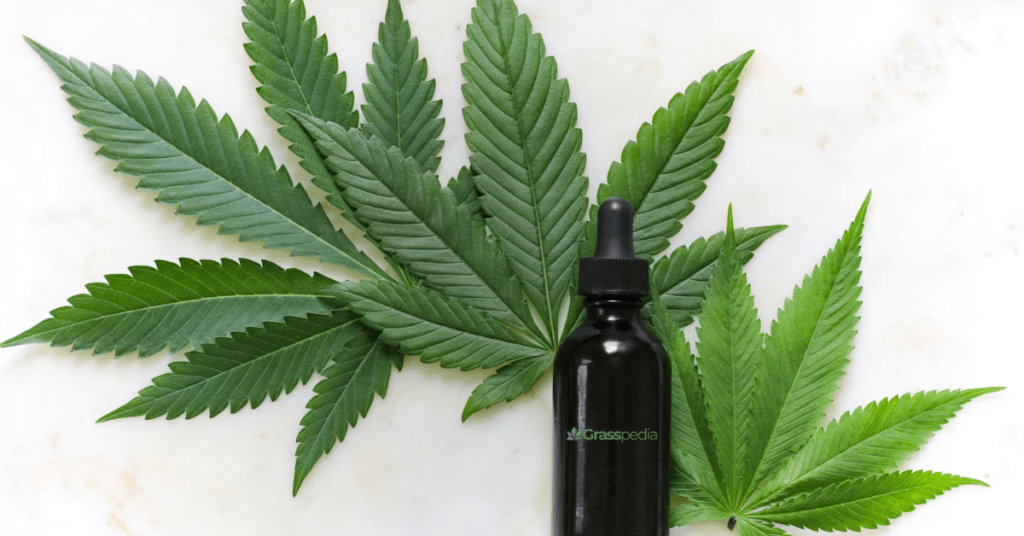At some point, you might’ve felt a wave of calm after lighting up and wondered, ‘Is cannabis actually helping my mental health?’ It’s a question at the center of growing public curiosity, with countless consumers sharing personal experiences of finding relief from anxiety, depression, or even PTSD through cannabis.
But with all the buzz and contradicting takes out there, separating fact from fiction can be tricky. That’s exactly why it’s worth digging into what research says about the connection between cannabis and mental health.
Let’s break it down: what we know, what we don’t, and what you should consider before making it a part of your mental wellness routine.
Cannabis and Mental Health: What Studies Say
Since we do not want to claim anything that isn’t already proven, we are here with some credible studies to bust the cannabis-related myths.
Cannabis and Depression
Depression affects millions across the globe, and while cannabis is sometimes consumed to ease symptoms, research results are mixed. Some studies highlight its potential, while others urge caution. It’s always best to explore these options with the help of a qualified healthcare provider.
A 2020 study published in The Journal of Biology and Medicine found that about 95% of participants reported short-term relief from depressive symptoms after cannabis consumption. While promising, this still calls for more long-term studies and clinical trials.
Cannabis and Anxiety
Some people swear by cannabis to calm their nerves, while others say it makes their anxiety worse. So what gives?
A 2017 study by Susan A. Stoner, Ph.D., a research consultant specializing in marijuana’s impact on mental health, found that low doses of THC may help reduce anxiety, while higher doses could actually worsen it. In contrast, CBD consistently reduced anxiety across all tested doses. These findings are promising and suggest that cannabis, especially CBD, could offer alternative options for those exploring non-traditional approaches to managing anxiety.
Cannabis and PTSD
PTSD (post-traumatic stress disorder) can cause severe anxiety, sleep issues, and emotional distress. Some research suggests cannabis may help manage symptoms like insomnia and hyperarousal.
A 2021 review titled Cannabis in the Management of PTSD found that cannabis consumption was linked to a reduction in PTSD symptoms in some individuals diagnosed with the condition. While the results are encouraging, the study emphasizes the need for larger-scale research to confirm its effectiveness and closely monitor long-term outcomes. As interest in cannabis-based therapies grows, expanding clinical trials could help uncover safer, more targeted treatment options for those living with PTSD.
Also read: What to Do if You’re Too High?
Cannabinoids for Mental Health: Do They Work?
There’s growing curiosity around how cannabinoids like THC and CBD, and even cannabis-derived terpenes, may influence mental well-being. But reactions vary depending on several factors: your endocannabinoid system, the dose, terpene profile, and even how the cannabinoids interact with one another.
Here’s a quick breakdown of the key players:
- CBD (Cannabidiol): Known for reducing anxiety and easing symptoms of depression. Has shown promise in managing PTSD.
- THC (Tetrahydrocannabinol): This may help with mood elevation at low doses but can cause anxiety or paranoia in higher amounts.
- Terpenes: Natural compounds like myrcene are linked to better sleep, which supports overall mental health.
- Full-spectrum cannabis: Some experts believe the combined effects of multiple cannabinoids and terpenes (aka the “entourage effect”) may be more beneficial than isolated compounds alone.
Also read: Storing Cannabis: Keep Your Bud Fresh, Potent, and Ready to Roll
Cannabis and Mental Health: Fact vs. Fiction
Let’s bust a few myths and clear the haze around cannabis and mental health:
Fiction #1: All cannabis strains have the same effect
Fact: Strains vary in their cannabinoid and terpene profiles. Some are energizing, some sedating; some reduce anxiety, and others might trigger it.
Fiction #2: Cannabis increases anxiety
Fact: While high THC levels can spike anxiety in some consumers, lower doses and CBD-heavy strains often have calming effects.
Fiction #3: Cannabis leads to addiction
Fact: Cannabis can be habit-forming for some, but cannabis consumption disorder is relatively uncommon compared to other substances. Overconsumption increases the risk.
Fiction #4: Cannabis has no medical benefits
Fact: Cannabis has shown therapeutic potential for various conditions, from chronic pain to epilepsy and even some mental health disorders.
Also read: What are the Different Types of Cannabis Strains?
Is Marijuana Good for Your Mental Health?
At the end of the day, cannabis and mental health share a complex relationship. While some find relief from symptoms of anxiety, depression, or PTSD through mindful cannabis consumption, others may have adverse reactions.
What matters most is understanding your own body, consuming cannabis responsibly, and consulting a healthcare professional before trying it as a treatment option. Instead of glorifying or vilifying it, the smartest approach is informed, balanced, and personalized.
We’ve unpacked the myths and spotlighted the facts; now it’s up to you to explore responsibly and stay curious. Head to Grasspedia for a lot of other cannabis centric information.


